Semarang (05/06) — When personal experience transforms into meaningful academic research, that is the essence of Hanun’s journey, an alumna of the International Undergraduate Program in Communication Science at Universitas Diponegoro. Drawing from her exchange student experience in South Korea, Hanun successfully captured the identity dynamics of hijab-wearing Muslim women in a culturally and visually homogeneous society. Through her thesis titled “Understanding the Identity, Negotiation, and Cultural Adaptation of Muslim Students with Hijab in South Korea”, Hanun documented the experiences and identity struggles of Muslims in a cross-cultural setting.
Her time as an exchange student led her to a profound and challenging thesis topic. “I realized that as a hijab-wearing woman in South Korea, I became ‘visibly different.’ Many people immediately assumed I was a foreigner just based on my appearance,” she explained. Unfamiliar stares, social distance, and even questions about religion and the hijab became part of her daily life in Korea.
Hanun noted that South Korean society’s perceptions and attitudes toward hijab-wearing Muslim women are influenced by global narratives, particularly the negative portrayal of Muslims in Western media. She observed that while Koreans often responded enthusiastically to Western-looking foreigners, their reaction to a hijab-wearing Southeast Asian woman was more awkward and distant. This experience motivated her to research how Indonesian hijab-wearing female students navigated their identities in a challenging social and academic environment shaped by cultural differences.
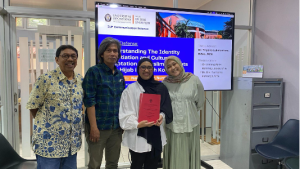
For her thesis, Hanun employed an interpretive phenomenological approach to explore the personal experiences of seven Indonesian hijab-wearing students studying in South Korea. Data collection was not without hurdles, particularly in scheduling interviews and finding participants. “There aren’t many hijab-wearing students who have studied in Korea, so I had to rely on my networking from my study abroad program to connect with potential interviewees,” she said.
However, with guidance from her thesis advisor and insights from courses such as Qualitative Communication Research Methods (MPKK)* and Intercultural Communication, Hanun found invaluable support in structuring her research. “MPKK introduced me to approaches like reception analysis, semiotics, phenomenology, and framing analysis. But since I wanted to delve deeply into meaning and lived experiences, I chose interpretive phenomenology for my thesis,” she added.
Her research revealed that most challenges faced by hijab-wearing students in Korea involved subtle microaggressions—unfriendly stares, social exclusion, and occasionally intimidating questions. Some respondents adapted by modifying their hijab style to appear ‘less conservative,’ choosing social circles that avoided alcohol, or independently studying Korean to better connect with local students.
“One respondent even had to carefully select housing where the landlord was friendly and inclusive toward foreigners to feel safe wearing her hijab,” Hanun shared. These diverse experiences were analyzed through the frameworks of Identity Negotiation Theory and Cross-Cultural Adaptation Communication, illustrating how these women adapted while staying true to their beliefs.
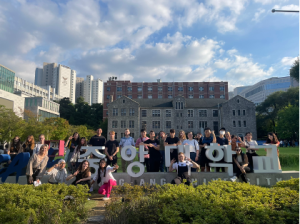
Beyond identity issues, Hanun emphasized the importance of cross-cultural empathy and education. She believes most prejudices stem from ignorance. “Getting angry won’t solve anything. Instead, we should educate others about Muslim culture—the meaning of the hijab and the positive values we uphold,” she said.
Hanun hopes her research can empower Muslim students, especially women, who plan to or currently live in non-Muslim-majority countries. She wants her thesis to serve not only as an academic work but also as a practical guide and source of inspiration. “I want hijab-wearing women to know they’re not alone. There are ways to stay true to yourself while adapting,” she said.
She also offered motivation to Communication Science students uncertain about their thesis topics, advising, “Communication is everywhere—it’s how we live in our world. Be open to your surroundings.”
Hanun proved that a background in Communication Science, combined with social awareness and the courage to explore unconventional topics, can bridge cultures, advocate for representation, and foster cross-border understanding. Her research on hijab-wearing women navigating identity in South Korea contributes not only to academia but also to broader social impact, demonstrating how communication studies can break barriers and build mutual understanding.*

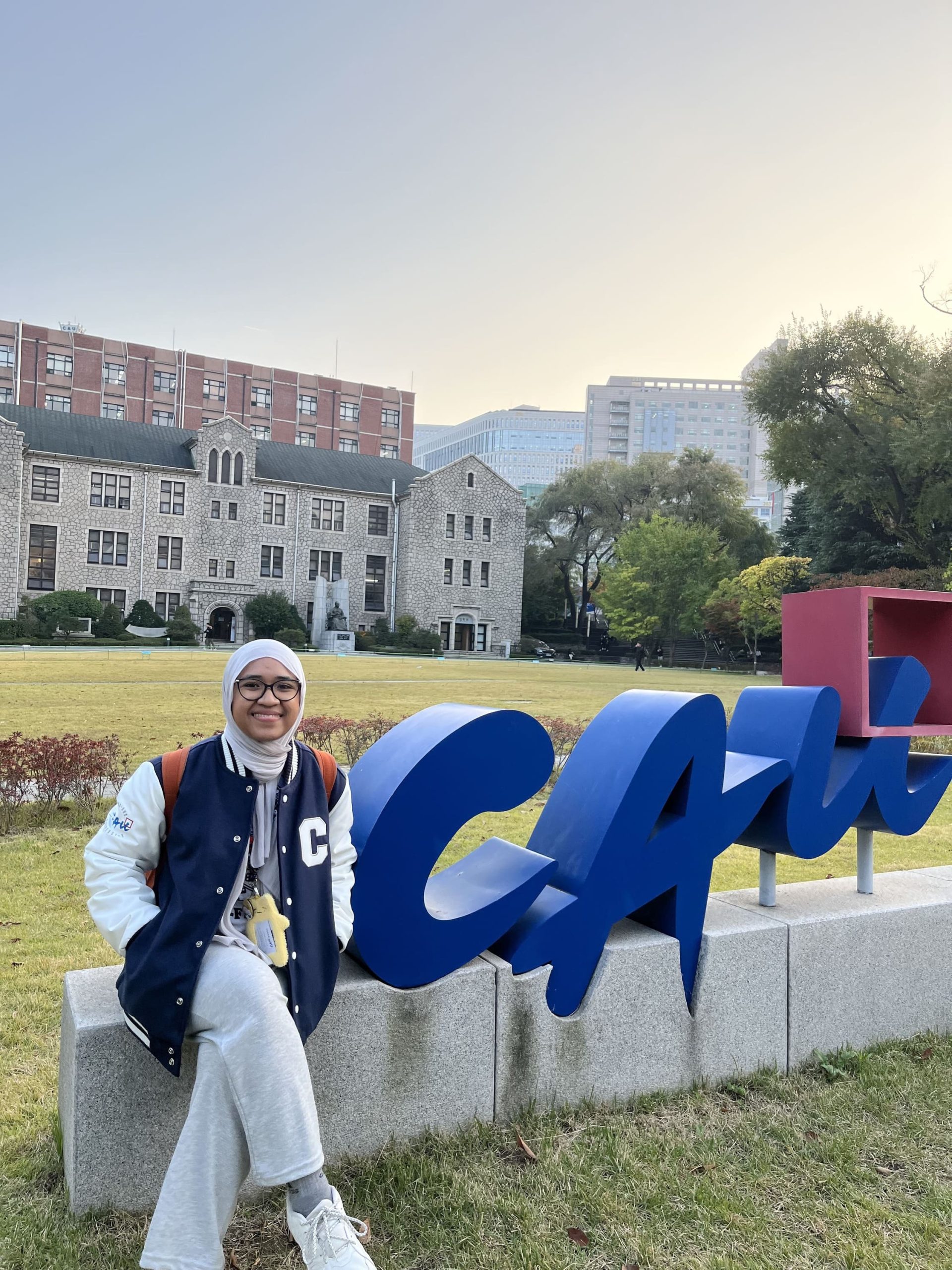

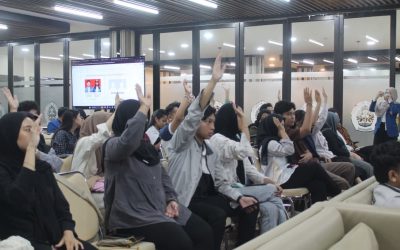
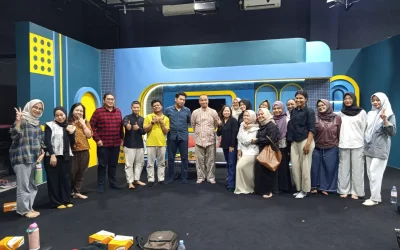
0 Comments